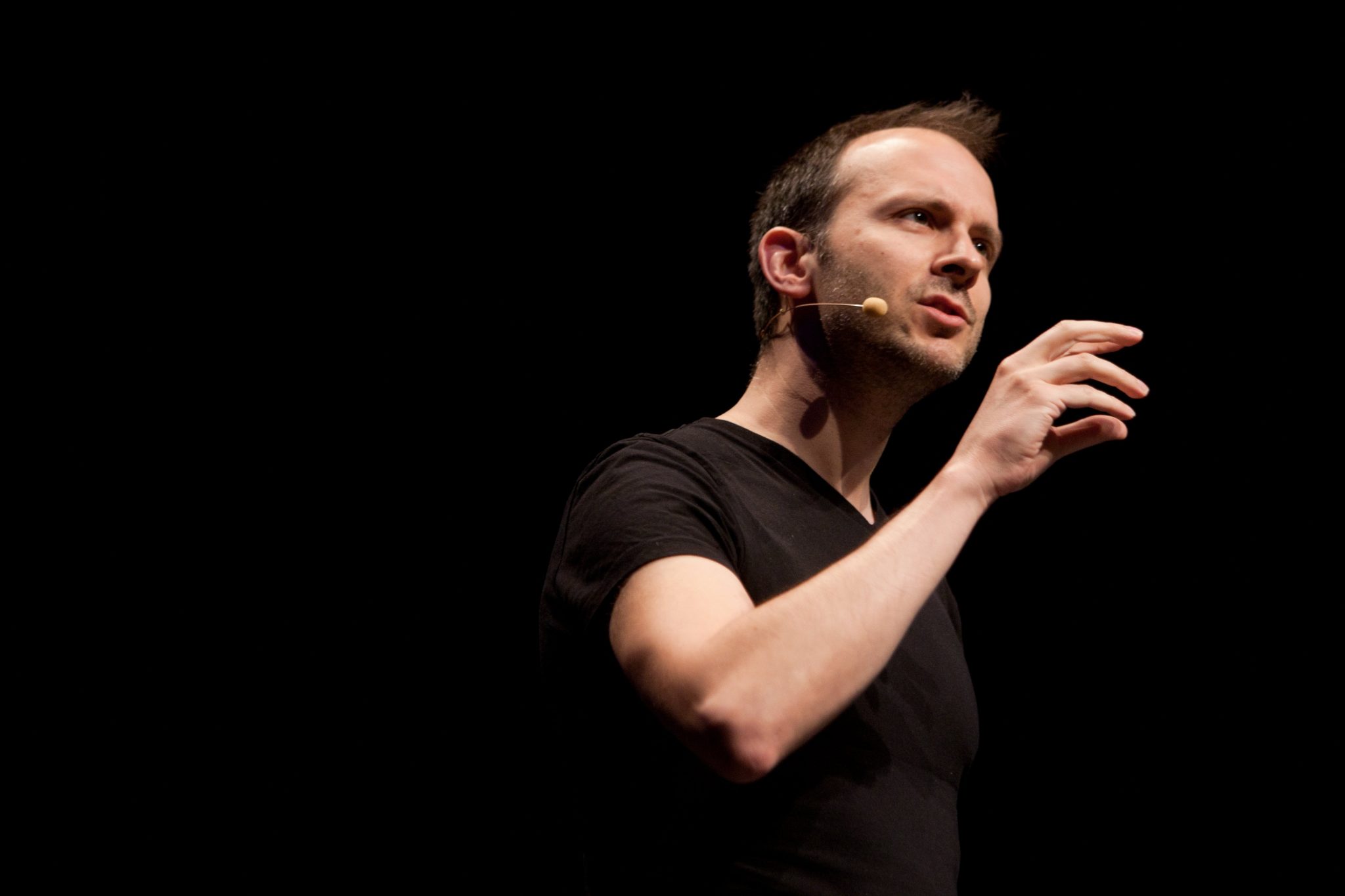Social media and its role in mediating our perceptions of the world, is something of a modern bugbear. Centrists are tormented with visions of people rejecting the benevolent BBC and falling headlong into the arms of echo chambers and political extremists, whose views are subliminally poisoning the old, the left-behind and the less educated with a doctrine of pseudo-fascism.
Tim Harford laughs. The author of the Undercover Economist and presenter of Radio Four programme ‘More or Less?’, Harford prides himself on his ability to challenge such commonly held but often thinly substantiated beliefs.
For starters, no one, he says, even the most educated, is immune to the lure of media distortion. “Unreflective sharing and retweeting” is “super easy”, and even the driest of statistics can be interpreted emotionally, our own beliefs taking precedence over context. With a limit of just 280 characters, it is physically impossible for a tweet to contain the caveats of any study.
Any retweeted single headline is liable to mislead. Take, for instance, a recent article published by the Independent, that reverberated across the Remain Twittersphere. 230 EU academics had resigned from Oxford in what was termed a mass ‘Brexodus’.
It was a considerable increase on the preceding year and is probably testament to the amount of hostility felt by EU citizens living in the UK.
But the implied European ‘brain drain’ had not manifested. Indeed, EU recruitment had balanced staff losses, leaving the total number of academics almost unchanged.
Whilst such context doesn’t immediately invalidate the point being made, it mitigates the concept of a black-and-white Brexit apocalypse.
Such enthusiasm over this report, was, Harford says, symptomatic of “confirmation bias”.
“If you’re someone like me who thinks Brexit is not going to be terribly helpful for the British university system, when I see a headline saying ‘Oh all these academics have resigned’, I’d be like ‘Oh, yeah, of course’, rather than going ‘Wait hang on, how many people normally resign? Is that usual?’
“But on the other hand, if someone said more EU academics have joined from the EU so there’s no problem, I would naturally go, I’m not sure if I believe you, I want to see the details.”
Paradoxically, it is often those who are politically interested and have access to a lot of information who hold most strongly their original prejudice.
“Generally having more knowledge and more expertise doesn’t protect you, it just gives you more intellectual firepower to deliver the result you want, the result you anticipated to get,” Harford tells me. “Benjamin Franklin, one of the American founding fathers, once said (I’m paraphrasing here) ‘It’s great to be a rational person because you can find a reason to do anything you want.’
“And social media, with the sheer amount of statistics, reports and empirical ‘facts’, provides the perfect weaponry to back up almost any pre-existing argument, as well as a ready-made audience prepared to confirm one’s views.” The only solution is to be more self-critical.
“The very first thing you’ve got to do if you see any of these numbers is think ‘How do I feel about these numbers?’ Does this number make me feel righteously indignant, does it make me feel defensive?
“Unless you examine your feelings about the number, you’re not going to be able to analyse it in any sensible way.”
But it is perhaps through awareness of ‘fake news’, brought to our attention by social media, that we can be become savvier consumers of information. Newspapers get things wrong too, but by being aware of the potency of misleading headlines and uncontextualised statistics, we can become more self-aware as readers.
Rather than taking a newspaper, with its innate air of authority, at face value, we can extrapolate our online critical faculty to consider the implications of a newspaper’s political agenda and bias.
Furthermore, social media can also allow us access to a broader spectrum of views beyond the political frame of our publication of choice. “Yes, people cluster together on social media, you follow people whose views you agree with and the algorithms show you stuff you’re likely to agree with as well,” Harford admits. “But, and there’s pretty good research on this, you will see a broader spread.”
Through social media, we are liberated from the unifying eye of the editorial: we can skip between publications, our news feed having the ability to yoke together the Brexit-friendly opinions of the Telegraph and the anti-privatisation views typical of the Observer.
Such ability to deviate from set political party dogmas is important in a world where the borders of left and right are becoming increasingly blurred and cross-party issues dominate popular debate. We can use social media to our advantage, if only we stop believing that our existing knowledge makes us less susceptible to prejudice.



